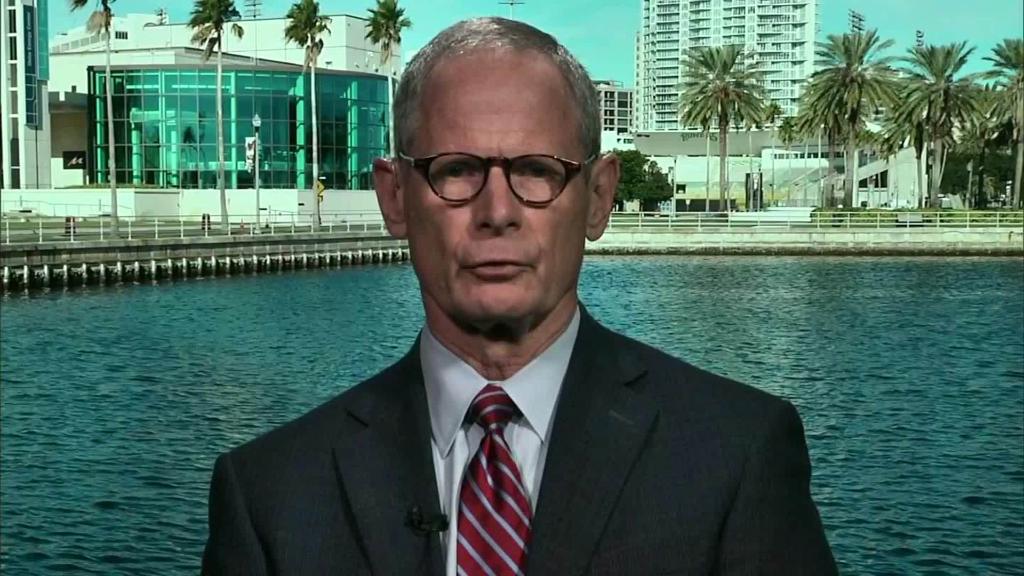
The newspaper industry has been fighting tariffs on Canadian newsprint for months, claiming that they will devastate an already troubled business. A vote this week could decide whether those tariffs are here to stay.
The US International Trade Commission is expected to decide Wednesday whether imports of a type of Canadian paper are hurting American producers.
The commission could effectively reverse the tariffs, first levied by the Commerce Department in January and March, or keep them in place.
The initial duties caused the price of newsprint to spike around 30% at one point, opponents of the tariffs told CNNMoney earlier this year. In recent months, newspapers have cut jobs, reduced pages and ended some daily editions.
Since then, the Commerce Department has capped the highest tariff at about 17%, down from 22%. That tariff also only applies to one Canadian business, Catalyst Paper Company. The company is based near Vancouver, a few hundred miles from the Washington state headquarters of the only US company that pushed the Commerce Department to consider the tariffs.
But the Commerce Department also finalized another tariff of up to 10% on several Canadian paper companies, including Catalyst.
The agency says the measure counters subsidies that those companies get from the Canadian government, hurting American competitors.
Leaving the tariffs in place, even at reduced levels, could greatly harm the newspaper industry, said Paul Boyle, senior vice president of public policy at News Media Alliance, a trade association that represents about 2,000 newspapers in North America.
US newspapers are already struggling because of declining ad revenue and readership. The tariffs are making those problems worse.
Earlier this year, The Tampa Bay Times, Florida's largest newspaper, said it was cutting about 50 jobs. Publisher Paul Tash told CNNMoney at the time that the tariffs added $3 million in expenses that the paper could not absorb.
Other publishers have expressed similar concerns. Small newspapers in Maryland, Georgia, Colorado and Mississippi have all said they will cut the number of editions they print each week in part because of tariffs.
"What we have said about the impact of tariffs is actually panning out," Boyle said. "We said these tariffs are not going to help US newsprint producers, because it's going to accelerate the decline in demand."
The LaGrange Daily News, a small paper in Georgia, said last week that it will start printing five editions per week instead of six, partly because of "rapid increases in newsprint costs."
"What we're being charged now to print our newspaper is more than it was four months ago, is more than it was eight months ago. That's a direct correlation, obviously, with the tariffs," said Baker Ellis, the president and publisher of the Daily News. He also runs another paper, the Valley Times-News, in neighboring Alabama. Both are part of the Boone Newspapers chain.
The tariffs were handed down by an administration that has taken a tough stance on trade. President Donald Trump has accused America's trading partners of hurting economic growth in the United States through unfair practices.
But the paper tariffs are also unusual because they were advocated by one small company in Washington state called Northern Pacific Paper, or Norpac. The company employs a few hundred workers and is owned by One Rock Capital, a private equity firm in New York.
After the Commerce Department finalized its tariffs earlier this month, Norpac praised the decision and urged the International Trade Commission to make the duties permanent.
CEO Craig Anneberg said in a statement at the time that the tariffs allowed Norpac to restart an idled paper machine and hire 60 workers, with another 40 jobs to fill.
A Norpac spokesman said the company expected to have more to say once the commission votes Wednesday. The company has previously said that it simply wants to compete on "a level playing field" with Canadian paper producers.
Opponents of the tariffs claim that protecting Norpac puts the jobs of more than 600,000 Americans working in paper, newsprint and publishing at risk.
Newspaper publishers and industry groups have been supported by dozens of members of Congress, including 19 who testified before the International Trade Commission last month to push for the reversal of the tariffs.
Some of those lawmakers are also looking at other ways to find relief for the industry. Senator Susan Collins, a Republican from Maine, introduced a bill in May that would suspend the tariffs while the Commerce Department studies the economic well-being of the US newsprint and publishing industries.
Her office said Monday that the bill has 31 co-sponsors, both Republicans and Democrats.


